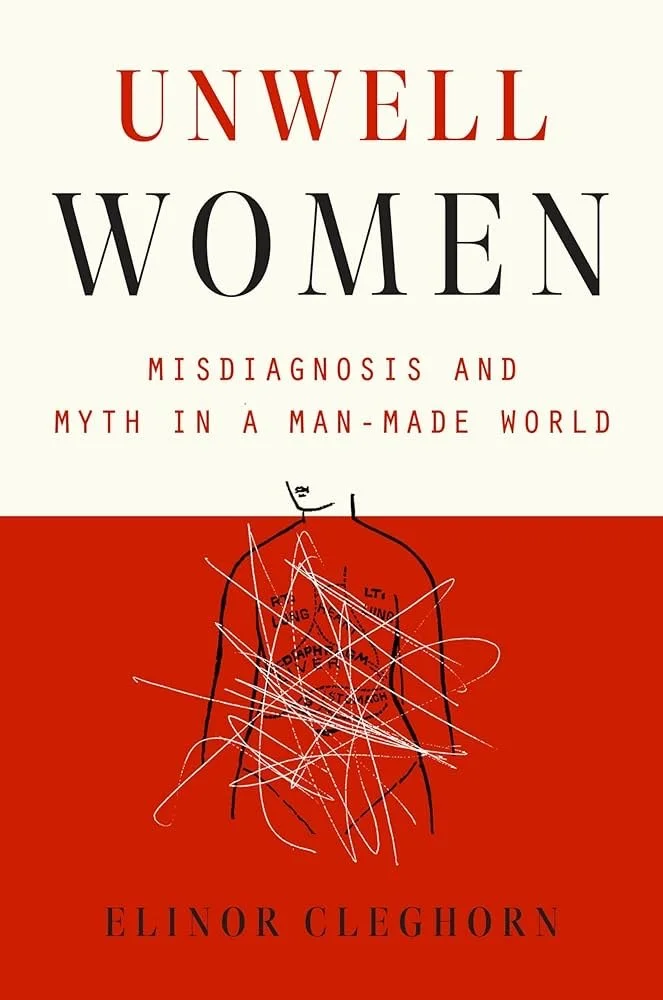You’re Not Sick, You’re Just Hysterical
by Mars LibraryUnwell Women Misdiagnosis and Myth in A Man-Made World by Elinor Cleghorn
For months you’ve been feeling exhausted, you can’t think straight, and you hardly have the strength to get out of bed. You used to run 5k marathons, now it’s difficult to go for a walk. You haven’t felt like yourself for a while. You book a doctor’s appointment to raise your concerns, to see what is hindering your health but instead of help and understanding, your doctor tells you, “You’re fine, it’s all in your head.”This is the all too real reality for women in the healthcare setting in which valid and serious health concerns are too often neglected and brushed aside. Maybe these exact words are not uttered, but the insinuation is always there.This brings us to the book of the month, Unwell Women: Misdiagnosis and Myth in A Man-Made World by Elinor Cleghorn. This was one of my five star reads of the year and is a book I cannot stop thinking about. I find myself recommending this book whenever I can, and I find it perfectly intersects two areas of subject I am passionate about: health and literature. As a Lost & Vegan audience member, I’m sure Unwell Women will pique your interest and help to expand upon your views of health.Cedric Fauntleroy
This book highlights revolutionary and persistent female scientist and activists that pushed for change and the inclusion of women not only in the medical field, but in society. These brave women include Mary Wollstonecraft, Florence Nightingale, Josephine Butler, Mary Jane Patterson, and Mary Edward Chinn.Although uncomfortable at times, Cleghorn highlights the unseen history of reckless and male-lead surgical operations which were often forced upon women. Reproductive organs were forcibly removed from ‘hysterical’ women as it was believed their inflammatory and mental health disorders were due to factors such as ‘menstrual insanity.’The stereotype and ever-present belief that women’s physical pain and disorders are simply emotional have been perpetuated over decades and remain engrained in our health care systems. Furthermore, women’s health is often only taken seriously in the research setting when it stands to benefit men. For example, one study highlighted in the book found that progesterone and estrogen in women were seen to display a protective effect from COVID-19. These same hormones that have previously been labeled as ‘variables’ in clinical trials are now seen as valuable for research in men. I encourage everyone to read this book, it is one of necessity, ‘required reading,’ if you will. It is important to understand the history of such prejudices in healthcare, but it is even more important that women feel validated in their health concerns and know that they are not ‘just in their heads.’For Lost & Vegan readers, I hope you find the time to seek out this book or even simply add it to your reading list. This one is most definitely worth the read. 
